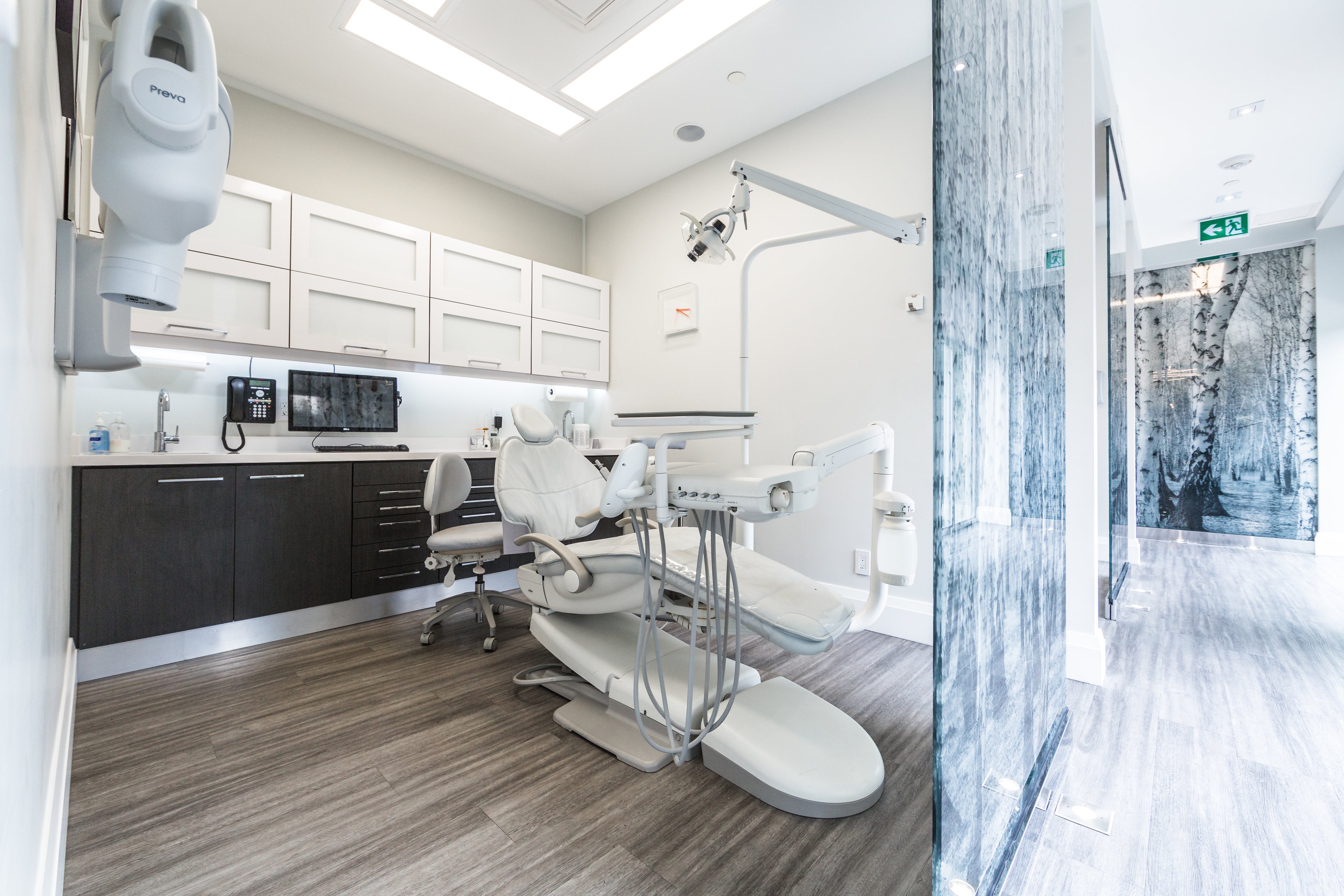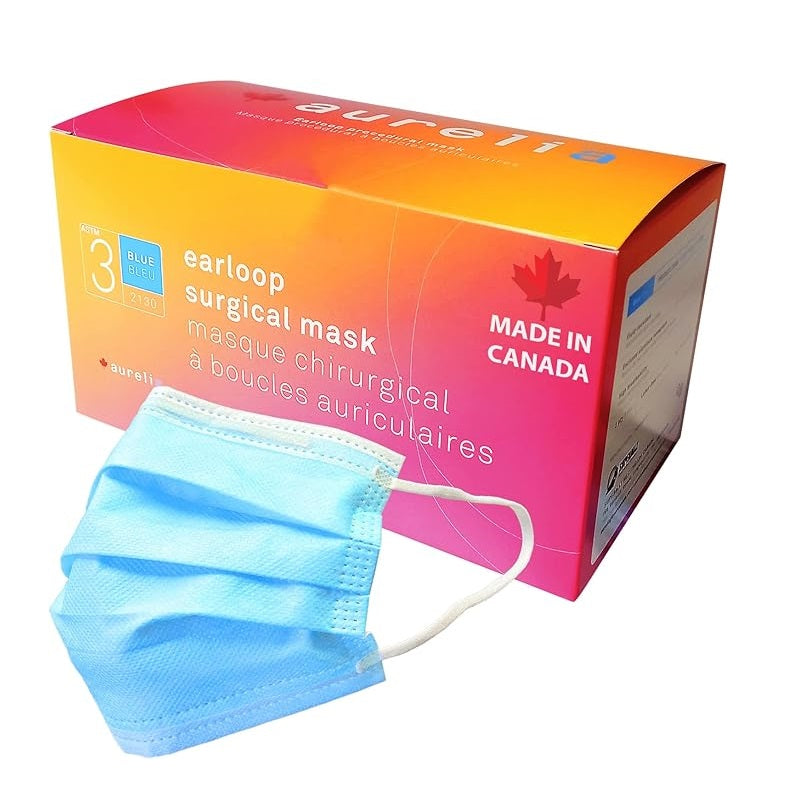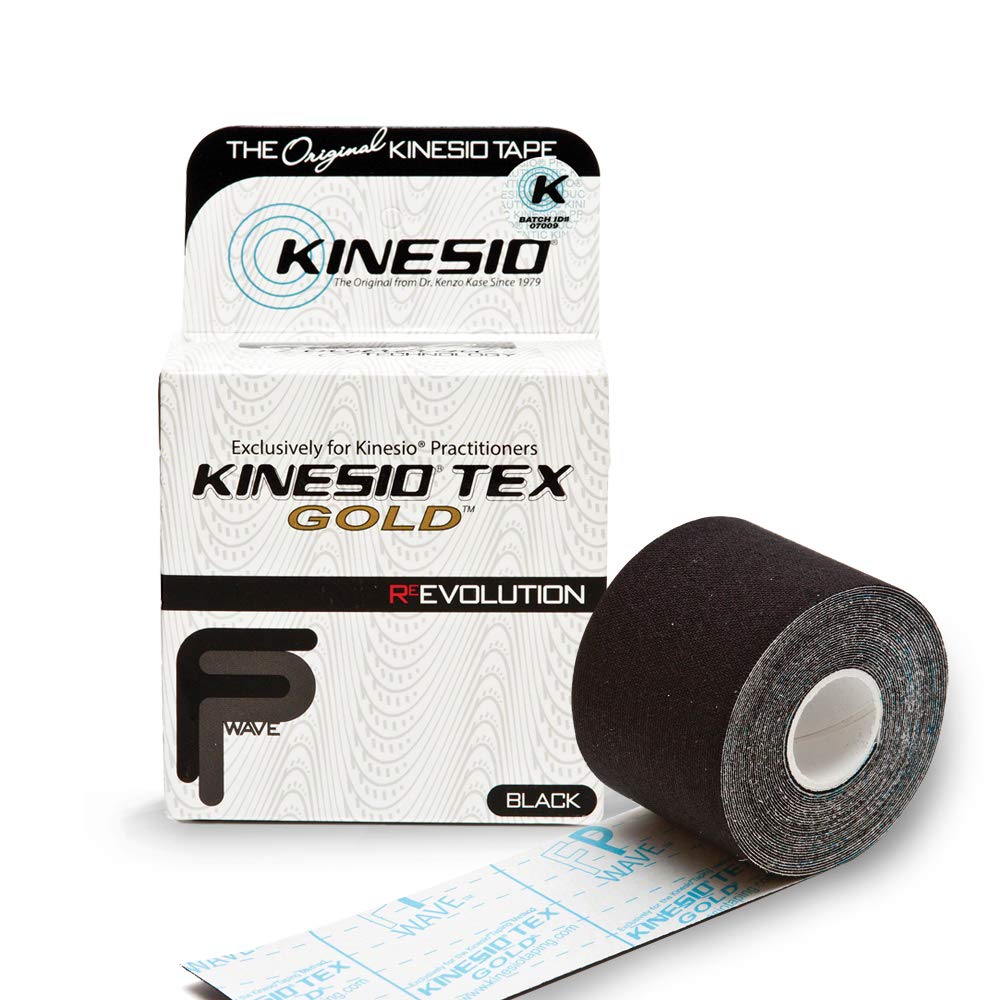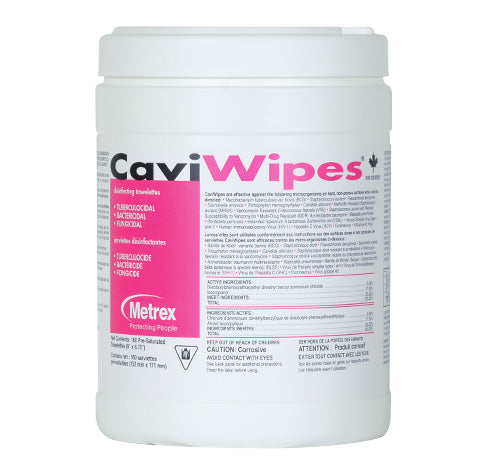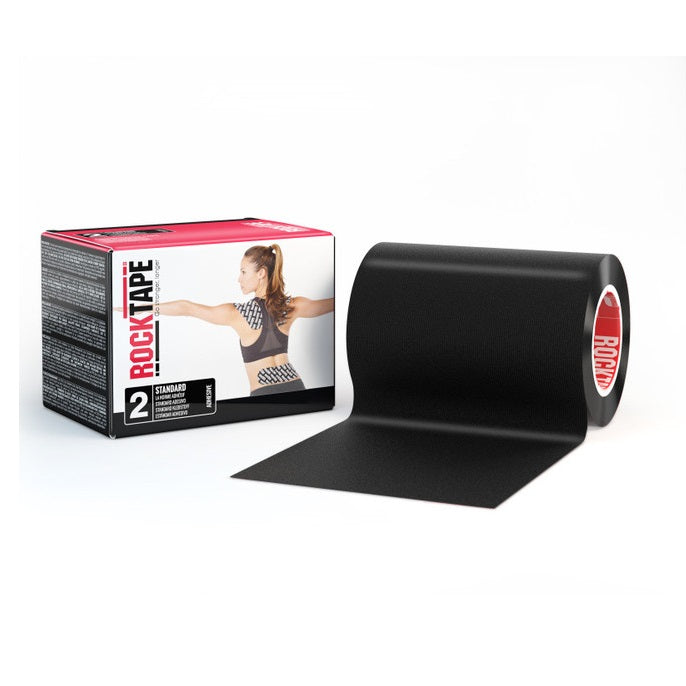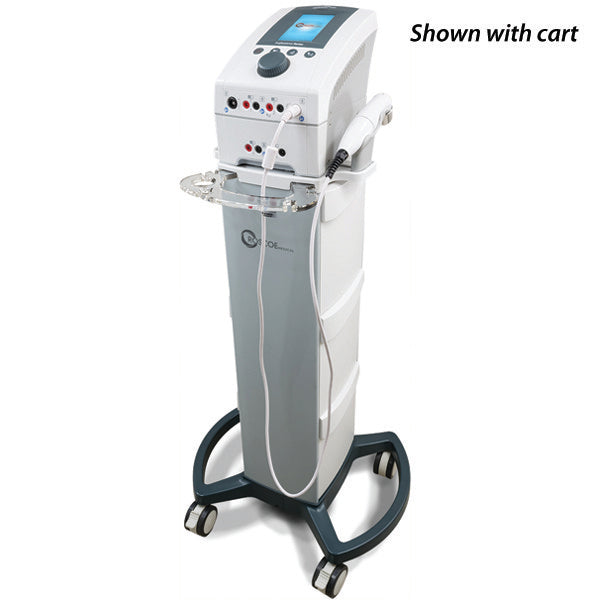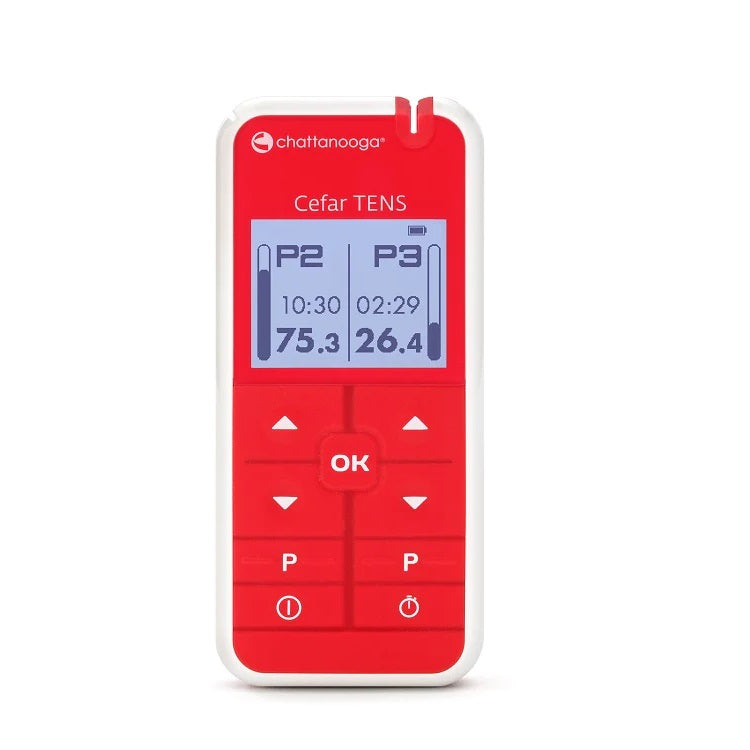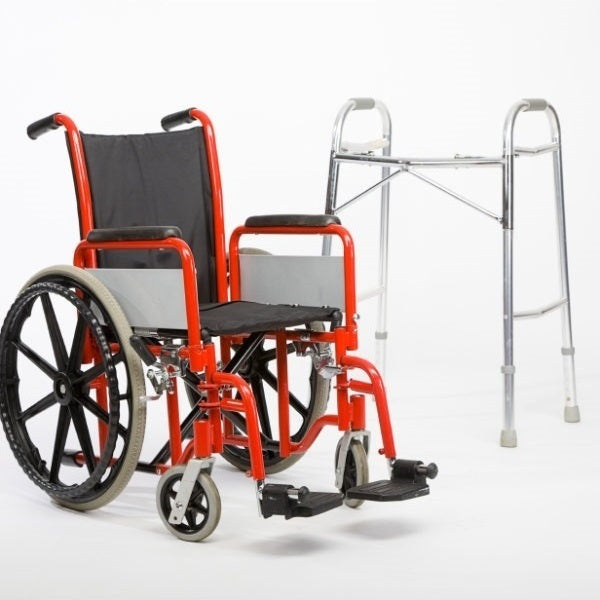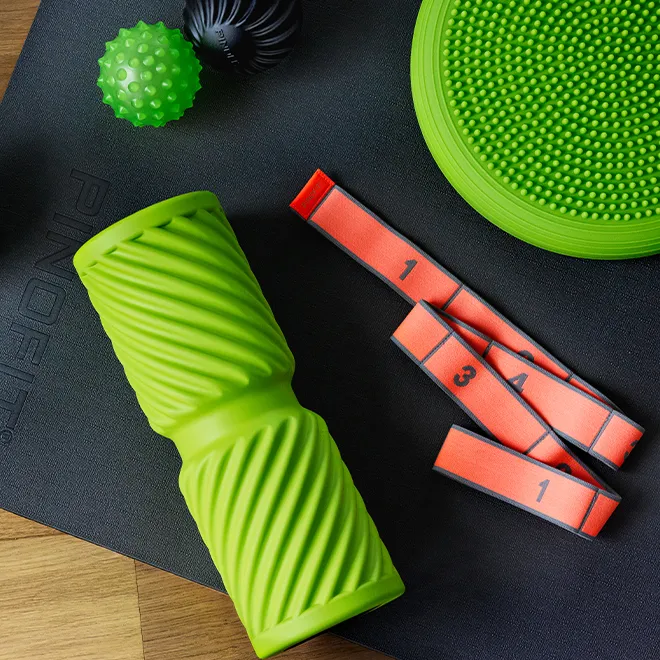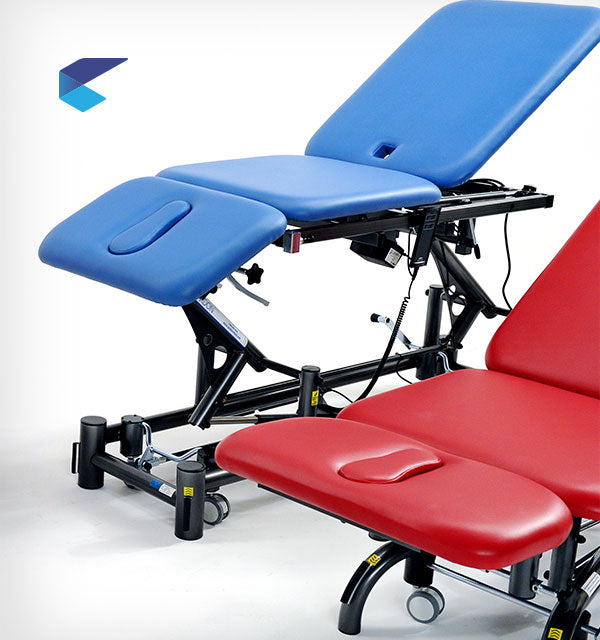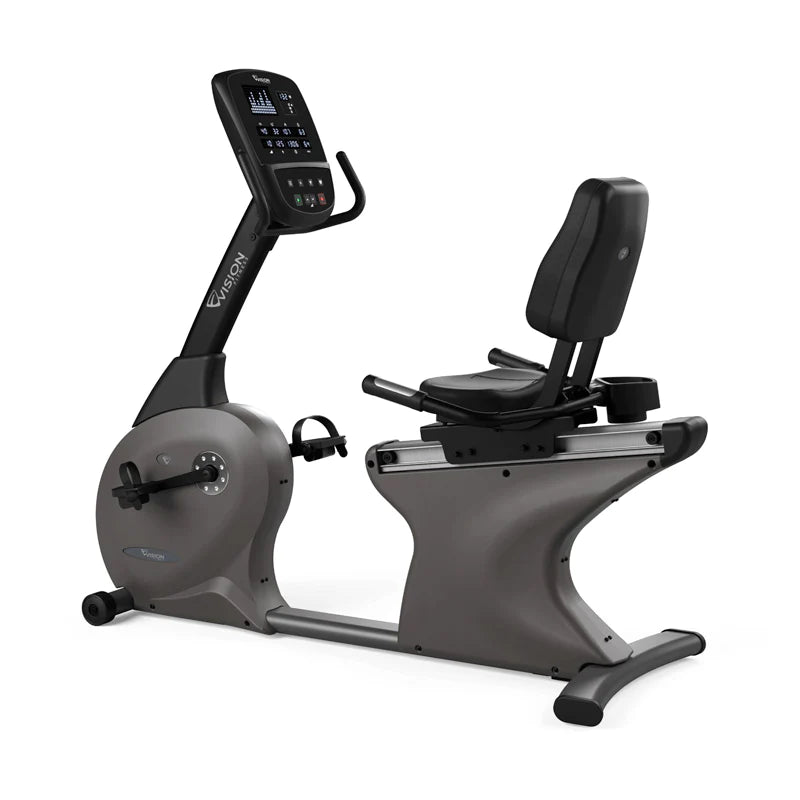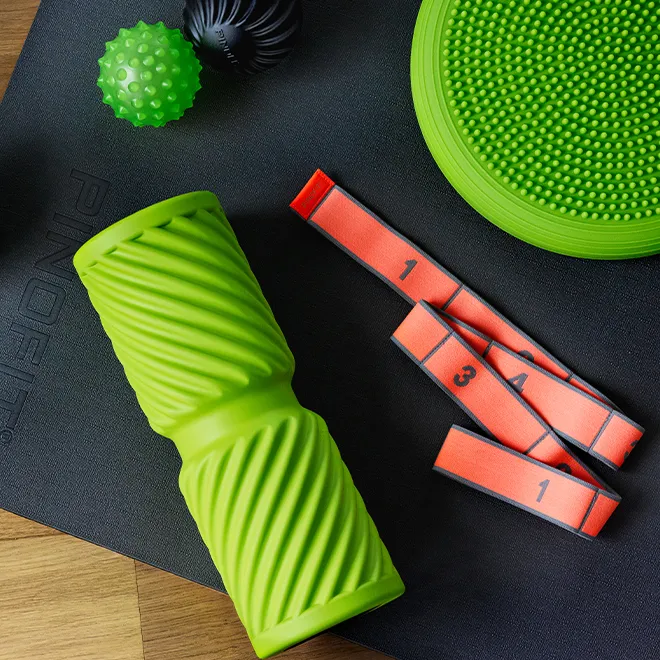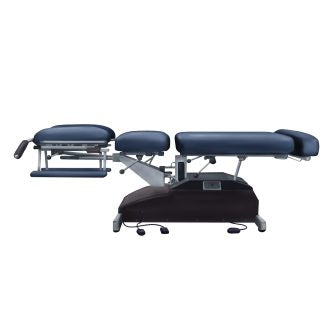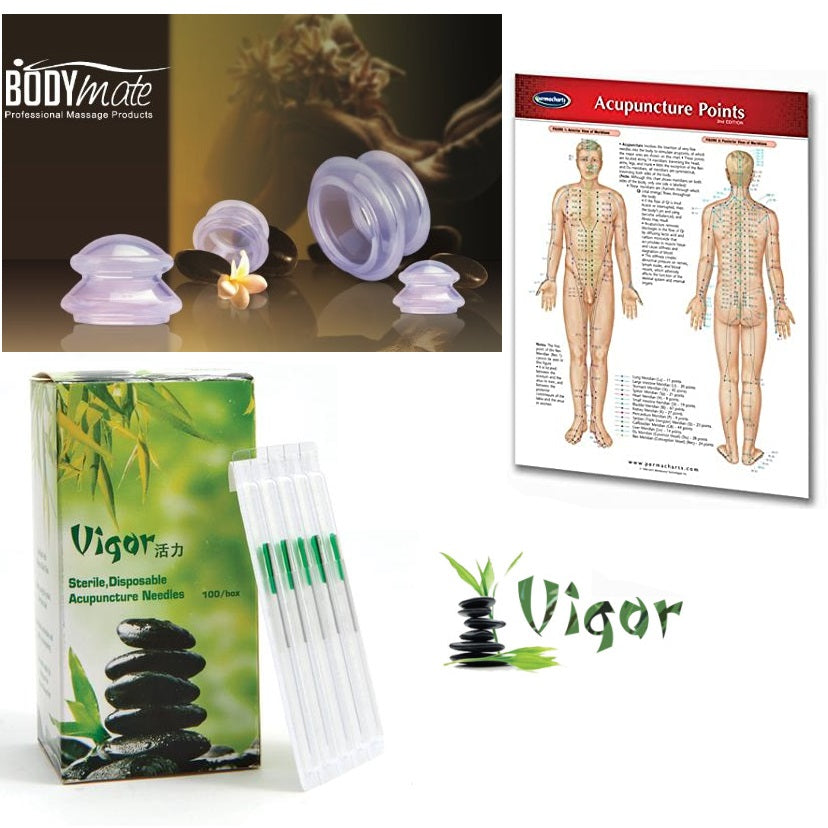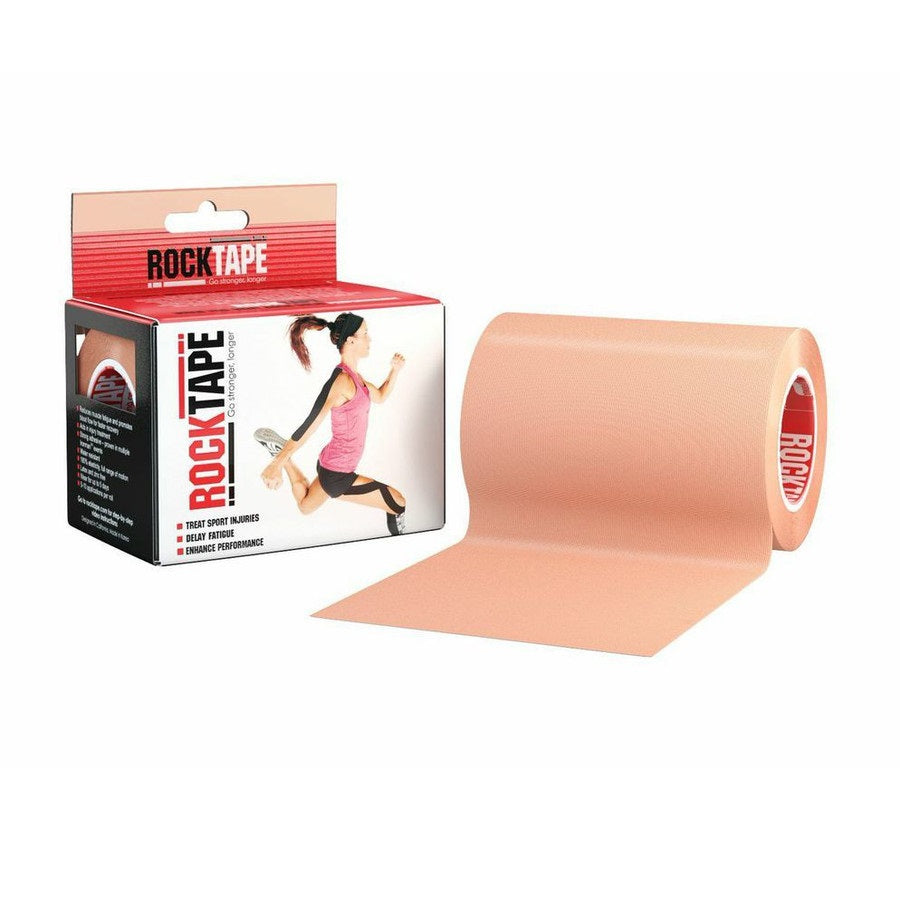Transcutaneous electrical nerve stimulation (TENS) is a pain-relieving technique that employs low-voltage electrical impulses. A TENS unit is a battery-powered gadget that sends electrical impulses to the surface of your skin through electrodes. The electrodes are implanted on or near nerves that cause pain or at trigger points.
Transcutaneous electrical nerve stimulation (TENS) is thought to act in two ways. According to one idea, the electric current activates nerve cells, which impede the transmission of pain signals, so altering your sense of pain. The alternative idea holds that nerve stimulation increases the level of endorphins, the body's natural pain-killing substance. Endorphins then prevent the sense of pain.
TENS treatment has been used or is being explored to treat chronic (long-term) as well as acute (short-term) pain. TENS has been used to treat a variety of ailments, including:
- Osteoarthritis
- Fibromyalgia
- Tendinitis
- Bursitis
- Labor agony
- Low backache
- Pelvic discomfort that persists
- Diabetes-related neuropathy
- Peripheral arterial disease is characterized as the "hardening of the arteries" that supply blood to the organs.
The TENS gadget is roughly the size of a tiny cell phone and is powered by a battery. The gadget has many sets of electrode wires and termination pads. The electrodes connect to the gadget on one end and are hooked to about 2 inches by 2-inch pads on the other. Each pad has an adhesive backing and is applied to your skin along nerve pathways in the area to be treated. The gadget generates electrical energy pulses. Pulses can be modified in terms of strength, frequency, duration, and type (burst or continuous). The parameters of the equipment are determined and adjusted by a doctor, physical therapist, or acupuncturist.
TENS is a non-invasive pain treatment technique. It can be used alone or in conjunction with a prescription or over-the-counter pain relievers. Some individuals who utilize TENS treatment may be able to lower their prescription dosage. Do not discontinue or change your prescription dosage without first consulting with your doctor. Another advantage of the TENS unit is that it is tiny and portable, allowing it to be used at home or away whenever pain relief
is required.
There have been minimal reports of adverse effects from TENS treatment. Patients have experienced burns in the areas where the electrodes are inserted in rare situations. Some people may be allergic to the glue used to adhere the pad to the skin or to the ingredients contained within the pad (the skin may appear red, irritated, or a rash may break out). Some people may be sensitive to or uncomfortable with the TENS unit's prickling/tingling feeling.
TENS for pain treatment has had inconsistent and inconclusive results. According to the researchers, the lack of randomized studies of TENS vs conventional treatment makes evaluating the effectiveness of TENS challenging, and that additional research is needed.
TENS treatment may be provided by physical therapists, acupuncturists, and other healthcare practitioners. Before using the gadget, always consult with your doctor or a healthcare expert.

